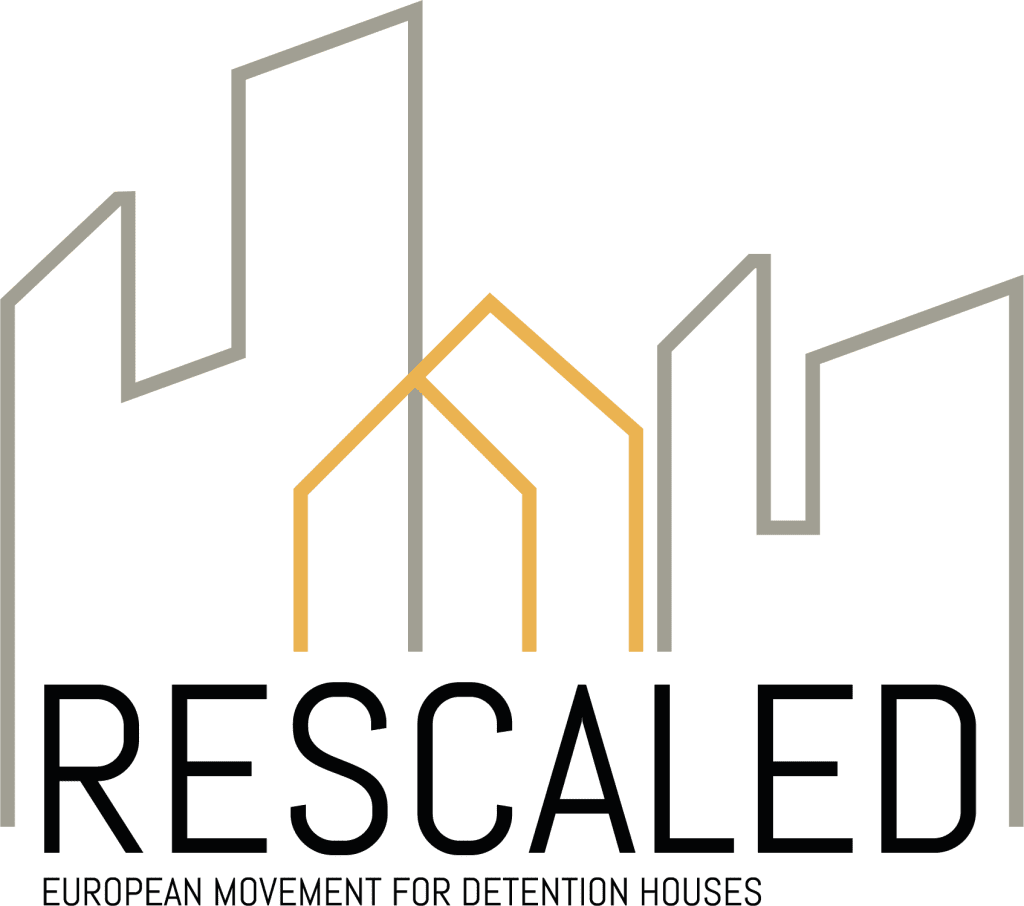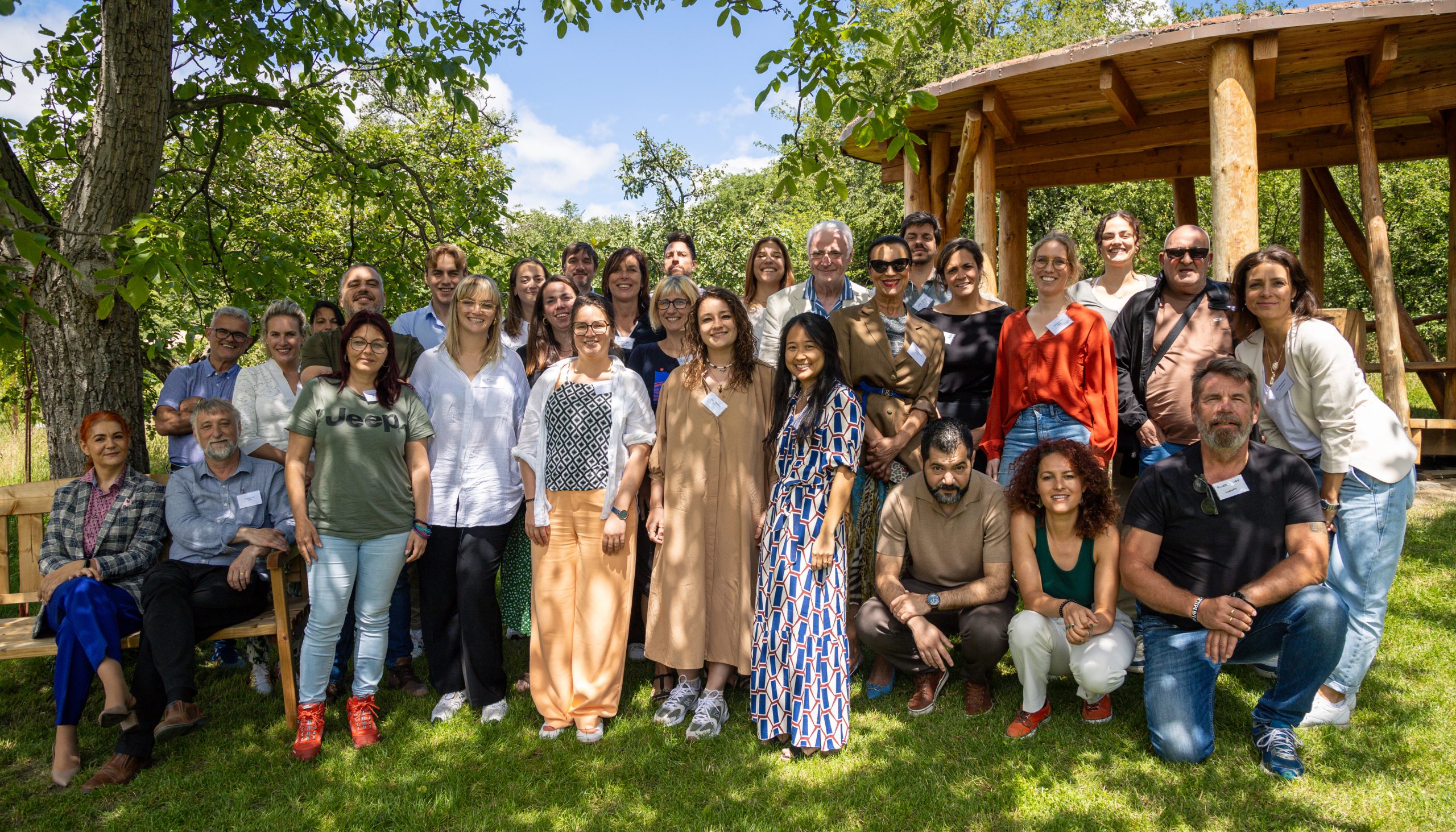Rescaled project is the fruit of the partnership between different organisations from four European countries. The movement began in Belgium and aims at prompting a change in scale for prison related practices. It promotes the use of smaller prison facilities located in the heart of the city.
On 10 April 2019, Rescaled held an international conference to launch this project. Prison Insider had three questions for Hans Claus, the secretary of the organisation “De Huizen” (The Houses) and spokesperson for the project.
Belgium was a Lead State in prison related matters, among other things, in the 19th century. We thought it would always be that way
Prison Insider. What inspired the creation of “Rescaled” and what does the project entail?
Hans Claus. A number of findings led to the creation of Rescaled. We observed that Belgium, the founding country of the project, is within the average in terms of imprisonment practices in Europe, with an incarceration rate of 100 prisoners per 100,000 inhabitants; recourse to pre-trial detention is quite significant (33% of prisoners are on remand); prison buildings are in poor state ─more than half of them were built since the 19th century; and recidivism rate is around 60%.
Belgium does not invest enough in the management of its prisons an spends half as much as the Netherlands, for example. We have been reproached on several occasions by Europe for prison overpopulation and the degrading treatment of prisoners.
This can be explained by the fact that Belgium was a Lead State in prison related matters, among other things, in the 19th century. We thought it would always be that way. Over the last 40 years in particular, we can talk about overpopulation and under budgeting.
In 2010, the government decided to increase the capacity of the prison facilities in response to overpopulation. To the surprise of several criminologists, the “new” prisons were replica of the panoptic ones in the 19th century
Then, the so-called “houses” movement came about, aiming to put forward an alternative model. The concept of “detention house” is the result of two years of cooperative multidisciplinary research englobing criminology, architecture, economy and philosophy. Journalists, researchers and politicians were also involved. The detention house is small, with a maximum capacity of 30 prisoners, and has distinctive security schemes and proposed programmes, right in the heart of society, in the cities, and not away from them.
We are hoping that this new model will replace the old paradigm of traditional imprisonment in prison facilities.
Why support smaller prisons located within cities? What would get in the way of implementing such a policy?
If the size of prisons is reduced, each inmate can have access to better care and follow-up. The principles of law can be respected, and reintegration can really be implemented. Distinguishing the programmes would give room for detention regimes that are aimed at reintegration and reparation while also respecting security requirements. The proposed model also provides for high-security houses with better security than the larger and sometimes chaotic prisons.
It is possible to better involve the surroundings in the execution of the sentence: detention houses can be useful to the community. If the recidivism rate can be reduced, the society will benefit from it both morally and financially.
However, quite a few obstacles exist and lots of questions are being raised. Is society ready for such a change in the penitential paradigm?
How about security? Is it not too expensive? Who wants to live on a street with a detention house? Can it still be considered as sentencing?
There are answers to all these questions, but it will take some time. For some years now, we have been dedicated to increasing awareness amongst the masses. Pilot projects and recommendations from Europe could help.
Our society is going through a transition phase, and this is one factor that works in our favour: it is no longer believed that people are more ready to better reintegrate into society after getting out of prison; the industrial society no longer exists, and our society needs flexible and responsible people, not disciplined ones. This paradigm shift speaks for itself. Rescaled is just the voice, the vehicle of an inevitable change.
Who is part of this movement, and what have you been able and hoping to achieve?
The concept of detention houses came from what is already being done in other countries like Canada and Luxembourg. Rescaled is the name of the European movement made up of 12 organisations from four countries (Belgium, France, the Netherlands and Portugal).
At the national level, we are hoping to see new transition houses, which are small facilities that work as a bridge between prison and society. In 2018, the government issued a call for applications to manage two “pilot” transition houses, where inmates will serve the end of their sentences and benefit from more independence.
We want the next government to enforce the law that allows for young people under the age of 25 to be sent to detention houses when being sentenced for the first time. All the Flemish parties, except Vlaams Belang, have—more or less—expressly included it in their programmes. At the European level, the Green parties have agreed to bring the subject to the table for parliamentary discussions after the elections.





